| Laura has sent you an article from |
| geezers Is Grandpa Bad for the Environment? Climate change and the aging population. By Jacob Leibenluft Posted Tuesday, Sept. 9, 2008, at 6:59 AM ET Everyone's always talking about how an aging population, with more retirees, is going to wreak havoc on Social Security and the federal budget. Here's my question: What impact will that have on the planet? After all, my grandparents don't seem to care much about global warming, their refrigerator is from the 1970s, and they use an awful lot of air conditioning at home. Give it to me straight: Are Grandma and Grandpa bad for the environment? "Do it for the kids! " has always been one of the most popular arguments in favor of enviro nmentalism: Older people need to get their act together, or else it's the children who will suffer the environmental consequences. Indeed, in terms of what they buy and how they vote, younger Americans tend to be more eco-conscious than seniors, who are less likely than anyone else to believe that global warming is a man-made phenomenon. But here's the weird thing: In practice, it's the older folks who are better for the environment. In an effort to improve models of global warming, a team of researchers led by Brian O'Neill of the National Center for Atmospheric Research estimated (PDF) what U.S. emissions would look like in two different cases: one in which the age structure of the population looked exactly the same as today's, and another where—as many demographers ! project—the percentage of Americans over 65 more than doubled. Their conclusion: Grayer is greener, with the aging population expected to produce anywhere between 10 percent and 37 percent fewer emissions by the year 2100. At first glance, the Green Lantern assumed this must be because older Americans spend their money in a more environmentally friendly way. For one, they drive a good deal less, so they spend less money on gas and produce less air pollution. They are also less likely to buy new big-ticket items, like cars or large appliances. And they spend a huge percentage of their income on health care, which—dollar for dollar—doesn't produce that much pollution or require that much energy. In fact, says O'Neill, the consumption mix for older people isn't significantly more carbon-efficient than the mix for younger folks. Older Americans spend a higher percentage of their incomes heating and cooling their homes—so much so that it just about cancels o! ut whatever benefits they generate by driving less (PDF). (If you are elderly or have elderly parents, that makes it even more important to invest in insulation and other energy-saving fixes.) The elderly do spend a lot of their money on health care, but the rest of us put more resources into education, another clean way to spend. The real reason older Americans are better for the environment is that they work less and have lower incomes. It's not so much that they spend their money in a better way—it's just that they don't spend as much in the first place. The general aging of the population will make America somewhat poorer—after all, economic growth will slow as a greater share of consumers become unable to work. A slowed economy in turn produces less pollution. All told, the aging of the population won't reduce U.S. emissions enough to hal! t climate change, but it might make our work a little bit easier. What can younger folks learn from the elderly about becoming more environmentally friendly? Not much. Growing older means becoming greener only because it involves a lifestyle change that no young person wants to make—namely, becoming a good deal poorer. In that sense, the aging of America—and to an even greater extent, Western Europe and Japan—offers just about the least attractive plan there is for combating global warming. With a smaller percentage of the population working, the challenge is to find a way to keep growing in a grayer world, while making sure that growth is green, too. Modern environmentalism—and this column!—put great stake in the idea that small, individual choices, added together, can make a big difference. It turns out that who we are, demographically speaking, ends up mattering at least as much as what we do. Is there an environmental quandary that's been keeping ! you up at night? Send it to ask.the.lantern@gmail.com, and check this space every Tuesday. Jacob Leibenluft is a writer from Washington, D.C.Article URL: http://www.slate.com/id/2199575/ |
Forming ethical coalitions that stand for peace, human rights, the environment, social justice and prosperity.
What is Patriotism
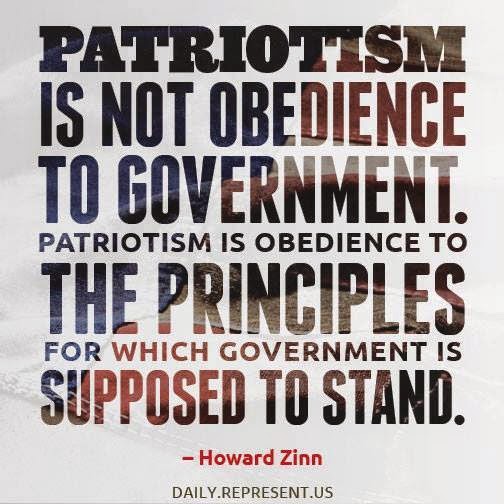
Go down to the bottom to see postings in alphabetical order
Welcome to the Progressive Thinkers
Pages
- CommunityCoalition
- Contact Me
- Get Animations Here
- YouTube Videos
- Videos
- Humanism
- The Citizen's Commission on Human Rights
- Wealth Inequality
- The Venus Project
- The Four Horsemen
- Películas Zeitgeist en español
- Zeitgeist Movies
- The Collective Madness of the American Empire
- Progress in the World Radio Show
Economic Hitmen
Saturday, September 13, 2008
Slate Article: Is Grandpa Bad for the Environment?
Subscribe to:
Post Comments (Atom)
The Hidden Enemy
Healing

Healing
Corruption

Corruption in the Senate
Compassion
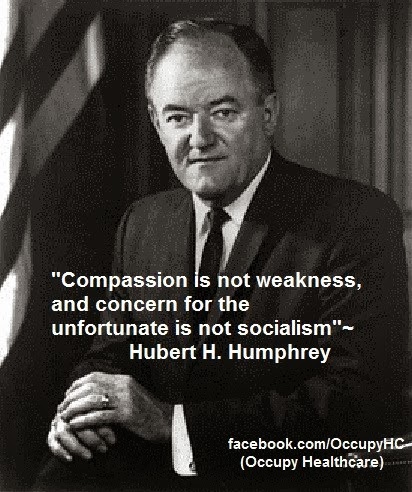
Compassion
Raise the Minimum Wage
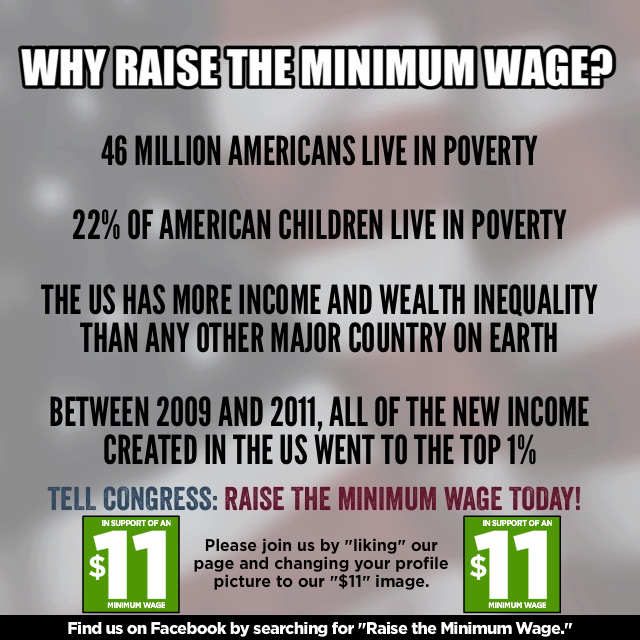
Capitolism

Hypocrits

My New Book About Sudan
Ceasar's Messiah Movie Trailer
The Dark Side of Coffee Trade
Miko Peled "The General's Son" Exposes Israeli Lies
Are these Your Heros?
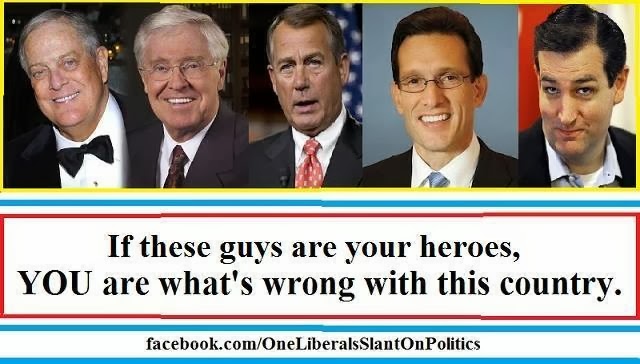
National shame

Law Enforcement Against Prohibition
Stephen Fry on Catholisism
Juanita Ayson on Accupuncture
Interview with Congressman Filner
Free Trade Enslaves Us All
Blog Archive
-
▼
2008
(348)
-
▼
September
(58)
- [SDCPJ] [World Beat] Scorched-Earth Presidency
- [SDCPJ] Join the Peace Center for Dinner at the Bi...
- The Rich Are Robbing Us
- 9/11 Responders Need Floor Vote For Health Care
- [SDCPJ] Save the Date Fri, Oct 24: Book Tour; Bill...
- Palin Investigation
- [SDCPJ] Protest military gun ranges in SD schools,...
- [SDCPJ] peace meditation and communion at Friendsh...
- [SDCPJ] Reminder: GreenBuilt Tour, Oct 4-5
- [SDCPJ] Oct. 11 Forum/Teach-In: "Wars, Elections &...
- Video: Bob Bowman Speaks at San Diego County Comm...
- [SDCPJ] *** Let's Party!!! DNC/RNC Legal Fund Bene...
- [SDCPJ] Stop the U.S.-India Nuclear Deal
- New First Nations Films Available
- CenterForConstitutionalRights
- MUSLIMS CONDEMNS ATTACK ON U.S. EMBASSY IN YEMEN
- Ralph Nader
- my vote for Oct 12th at JB---"9/11 Dust and Deceit"
- Barry Jennings survivor of WTC-7 now dead
- Election films - latest 2
- Bernie Sanders on The Economic Crisis. Senator fr...
- Save the Date - Special Event
- Financial Information That Should Be Of Interest
- [SDCPJ] Reminder: Rainwater Talk, Sun. Sept. 21, 3pm
- [SDCPJ] Have fun while helping young people resist...
- Important Video and Flyers About Community Coalit...
- [SDCPJ] Reminder! International Day of Peace Celeb...
- [SDCPJ] URGENT: Act now to restrict ASVAB testing ...
- [SDCPJ] Fwd: [isosandiego] The Truth about the 'Go...
- [SDCPJ] Urgent! Border Fence Briefing for San Dieg...
- [SDCPJ] Celebrate U.S. Consitution Day
- [SDCPJ] last call to reach students
- White Priviledge
- [SDCPJ] Stop Blackwater/Commemorate Victims of Nis...
- Laura has sent you a message from truthout
- Jim Bell, Ecological Designer: Energy Self-suffic...
- Law Enforcement Against Prohibition
- Laura has sent you a message from truthout
- Laura has sent you a message from truthout
- Slate Article: Is Grandpa Bad for the Environment?
- Christian the Lion: Love knows No Limits
- Reflections on9-11 by Cindy Sheehan
- [SDCPJ] STOP BLACKWATER! REMEMBER NISOUR SQUARE MA...
- [SDCPJ] Fwd: Bring "Battle in Seattle" to your loc...
- [SDCPJ] students not soldiers
- [SDCPJ] get up early, save a life!
- [SDCPJ] Military resister deported from Canada now...
- [SDCPJ] Urgent - Event Tuesday Night on Police Ass...
- [SDCPJ] Urgent: Contact Calif. Gov. re. AB2994/mil...
- [SDCPJ] Youth Peace Education Enters 7th Year!
- Obama and Biden share feelings on Republican VP pick
- Action Center
- [SDCPJ] Join us on Int'l Peace Day for a celebrati...
- [SDCPJ] Update on Police Presence at RNC!
- 9-11-279] Visit 2ndResponders.org in San Diego | T...
- [SDCPJ] Protests at the RNC
- Laura has sent you a message from truthout
- Laura has sent you a message from truthout
-
▼
September
(58)
Farouk Al Nasser
Farouk Al Nasser at NCCPJ
Victor Calle
At NCCP April 2008
Gore Vidal and Floyd Morrow
April Fundraiser in San Diego
Tanja and Cindy Sheehan
Fund raiser for Cindy April 2008
CITN

The Citizens' Internet Television Network
CITRad

The Citizens' Internet Radio Network
Save America

Save America
Fighting

Fighting
Believe
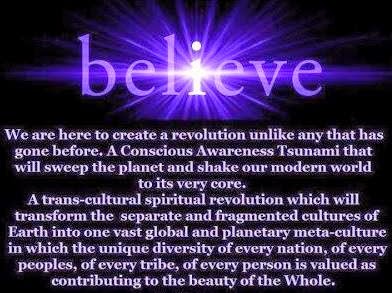
Believe
We Are All One
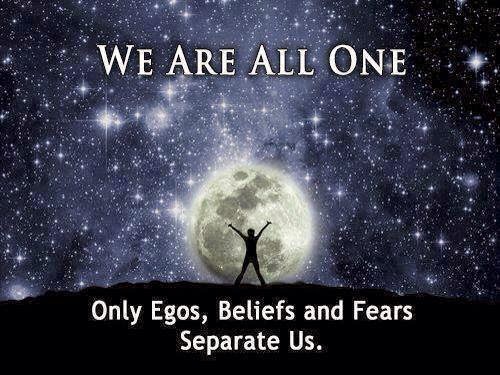
We Are All One
Secular Humanism

Secular Humanism
Change the System

Change the System
A Lie Does Not Become the Truth
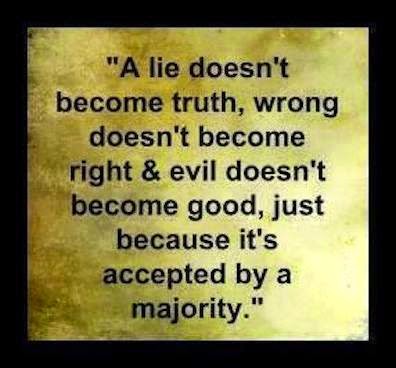
A lie does not become the truth
Coexist

Coexist
Bankers
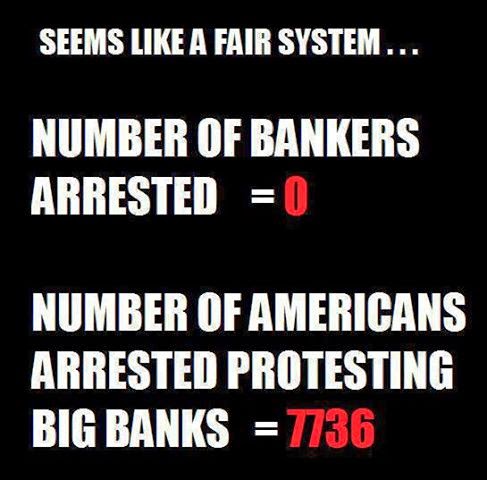
Bankers
Fetus Rights
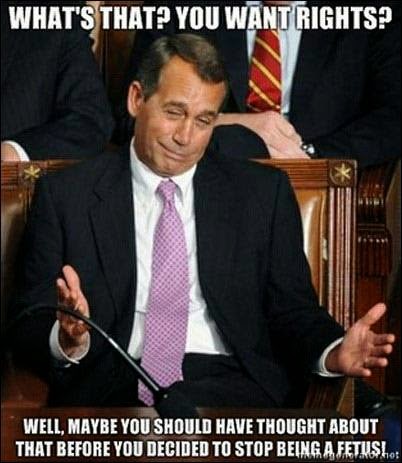
Fetus Rights
The Earth Was Created
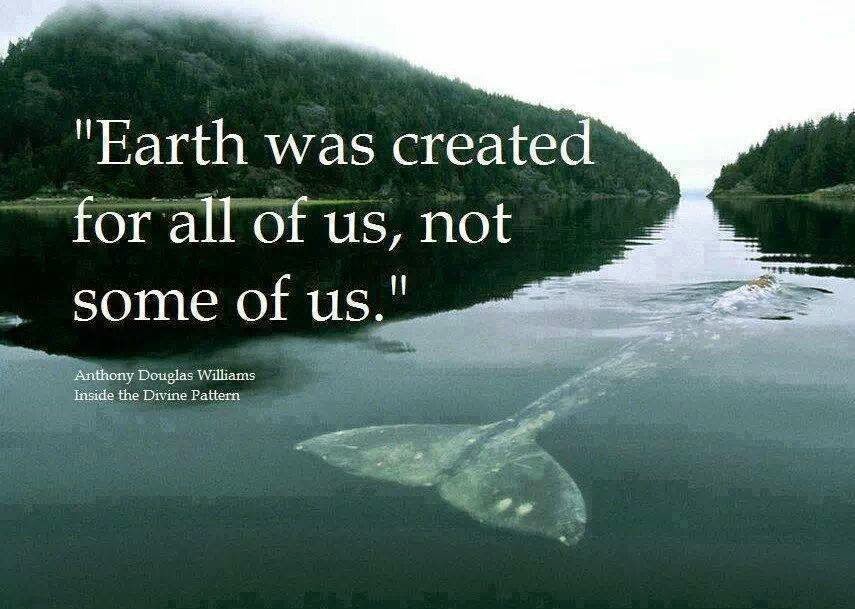
The Earth Was Created
Lessons
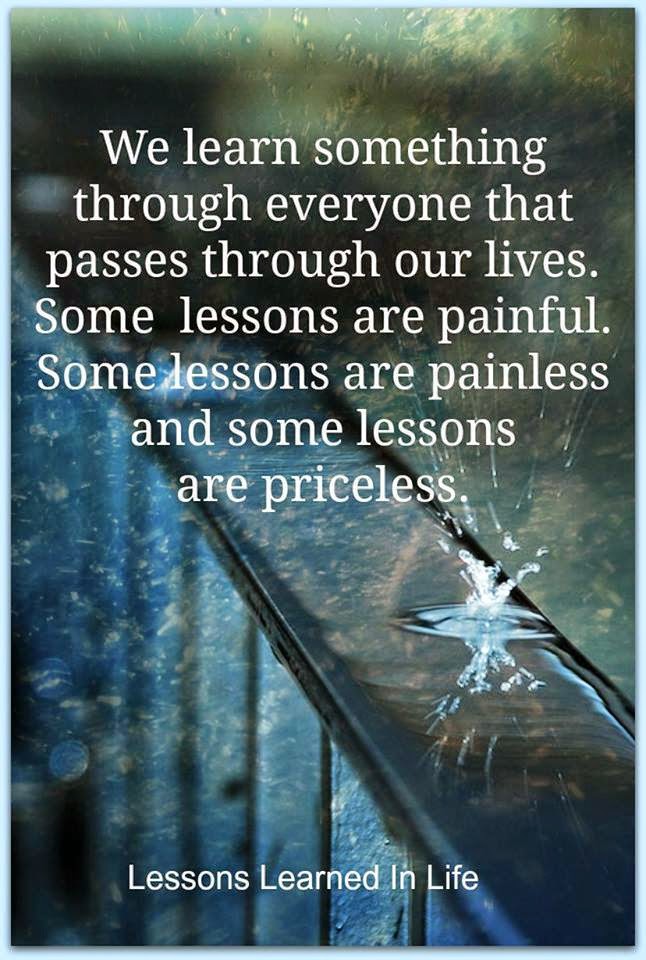
Lessons
No comments:
Post a Comment